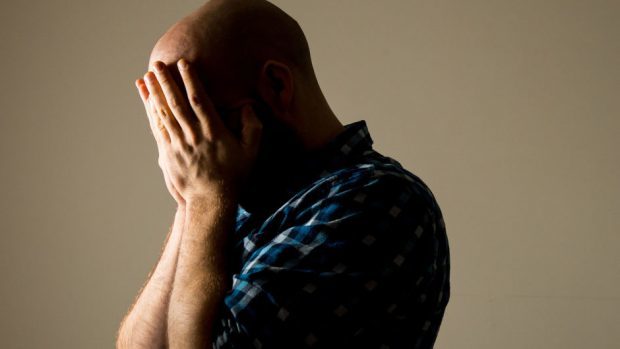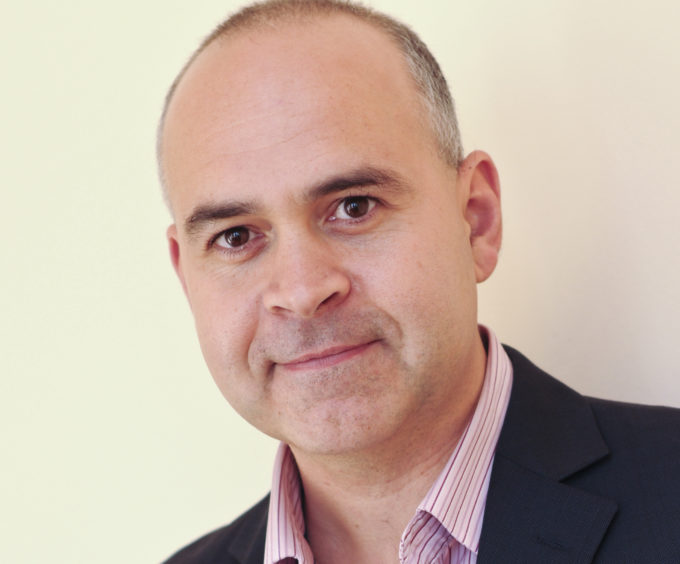The coronavirus and Covid-19 have gone a long way towards putting Scotland and all of us on our knees: anxiety over lockdown, an economy grinding to a sudden halt, the NHS pushed to breaking point, and families facing illness and death of loved ones.
However, among this chaos and uncertainty, I am noticing one positive development: Covid-19 is making it easier to talk about mental health.
Us Scots and, in fact, all Brits are famous for our ‘stiff upper lip’ approach to adversity.
This approach might have helped us deal with crises before, but things are starting to change.
Everyone’s life was turned upside down with lockdown, and whether you recognised it or not, we all experienced some degree of anxiety.
Anxiety is not a new issue, but until now, those suffering from this and other mental health conditions often felt that they are alone without anyone able to relate.
This year, however, it became easier to speak out about emotional changes and struggling with those.
And whilst social media is often named as one of the reasons for mental health problems, it’s been hugely beneficial over the past few months.
When people from all walks of life, from politicians to Instagram influencers to care workers, open up about having difficulty dealing with the situation, it becomes OK for the rest of us to speak out.
At the same time, we have seen the number of mental health related initiatives and services grow.
Some were launched by charities, some by private enterprises and others by the NHS itself. As a psychologist, I believe this is a massive step in the right direction.
Online-based initiatives and services may also feel like a safer and more accessible place in which to open up about mental health concerns than visiting a counsellor’s centre.
I do believe, though, that this is the beginning of a real cultural shift: away from ‘not making a fuss’ to speaking out and getting help. It will leave Scots stronger than before.
Whilst increased openness is a positive development, we have to acknowledge that the past six months have been a traumatic experience for most.
Online access to mental health services has grown, but many in-person services closed or were cut back.
As a consequence, we will most likely see a big increase in new mental health patients after the lockdown and when other restrictions are removed.
This is especially likely if we continue to see changing parameters for restrictions. Generally speaking, uncertainty is a contributor to unmanageable stress and anxiety.
As the Scottish Government is reviewing its guidance almost on a daily basis planning ahead for things many were looking forward to, such as family visits, is once again becoming harder.
Whenever we are faced with change, it takes us a while to adjust.
This is where recurring changes are tricky as they are making it hard to adjust and adapt before another adjustment becomes necessary.
There is also no doubt about the fact that lockdowns and social distancing have caused great harm to anyone exposed to domestic violence, those who lost their jobs or closed their businesses, elderly people isolated in care homes and so many more.
Having said that, breaking down the stigma on mental health is one important positive development that will also allow us to better deal with those challenges.
And I think I can speak for many of my colleagues when I say we need to do everything we can to encourage and maintain this new openness and build on the progress of the past few months.

